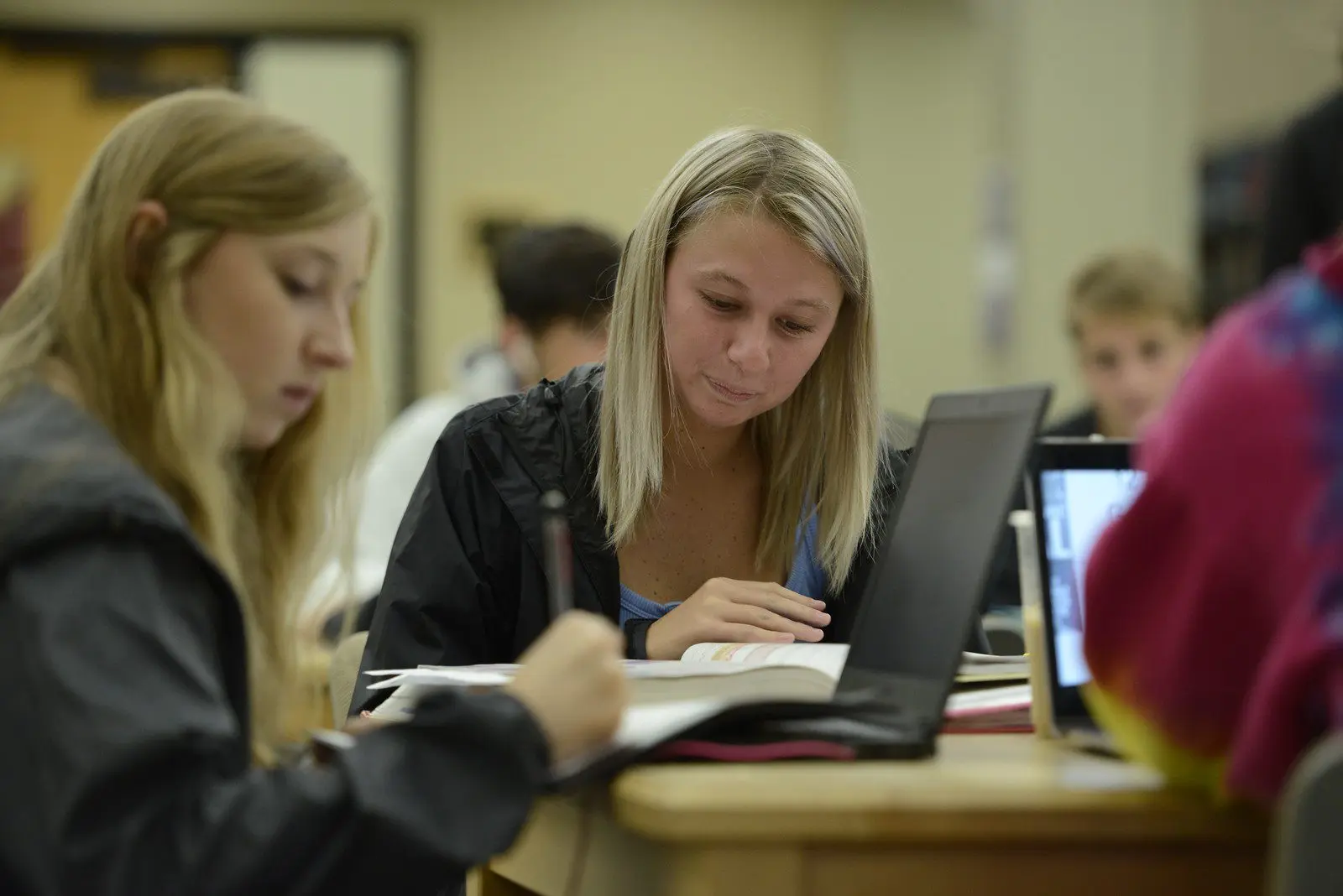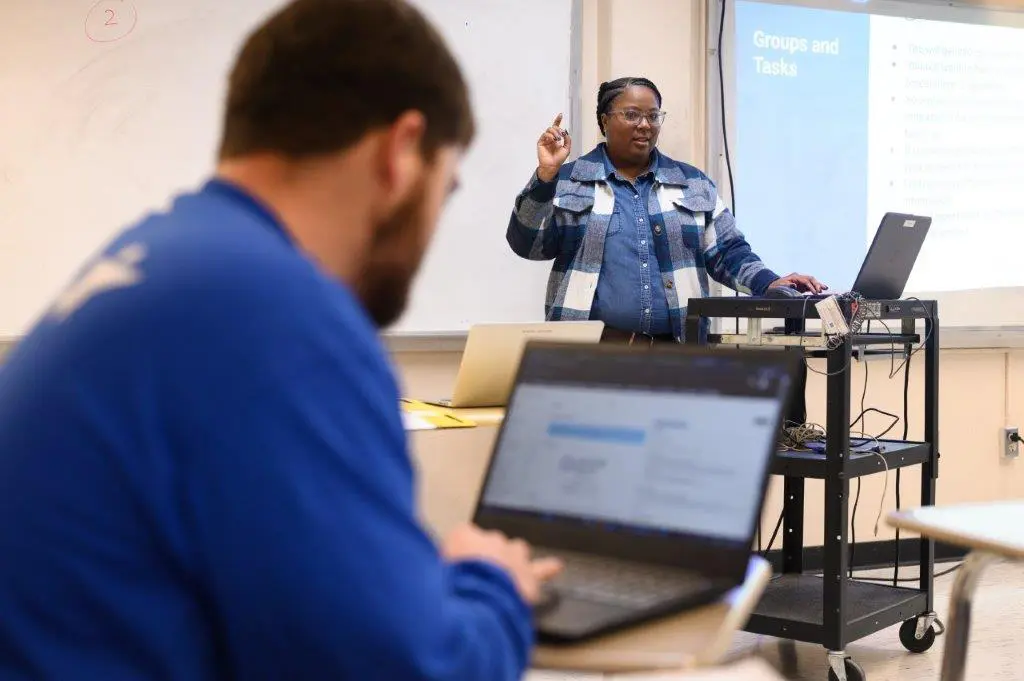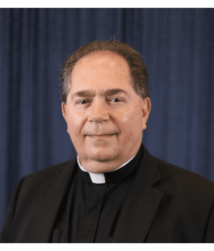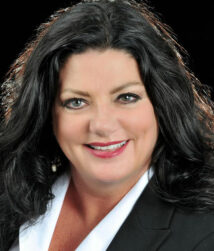
College of Liberal Arts
& Social Sciences


Find the academic offerings you are looking for to get you on track for a successful and rewarding career.
You need a university that will equip you for your whole life. Thomas More University’s College of Liberal Arts and Social Studies prepares students from all walks of life for all kinds of lives, whether they are in pursuit of starting their careers straight out of school, going on to teaching, law or medical school or becoming a 21st century entrepreneur.

Interim Dean

Administrative Assistant
What to know about the College of Liberal Arts and Social Sciences
Q&A with Father Ray Enzweiler, acting dean of the College of Liberal Arts and Social Sciences (CLASS).
Explore our Programs
The Thomas More University College of Liberal Arts and Social Sciences offers over 25 different academic programs and majors for students.
Contact Us
If you have any questions regarding any of our programs,
please contact us at:
Phone: 859-344-3621
For more information on cost of attendance please visit our Estimated Cost of Attendance page.